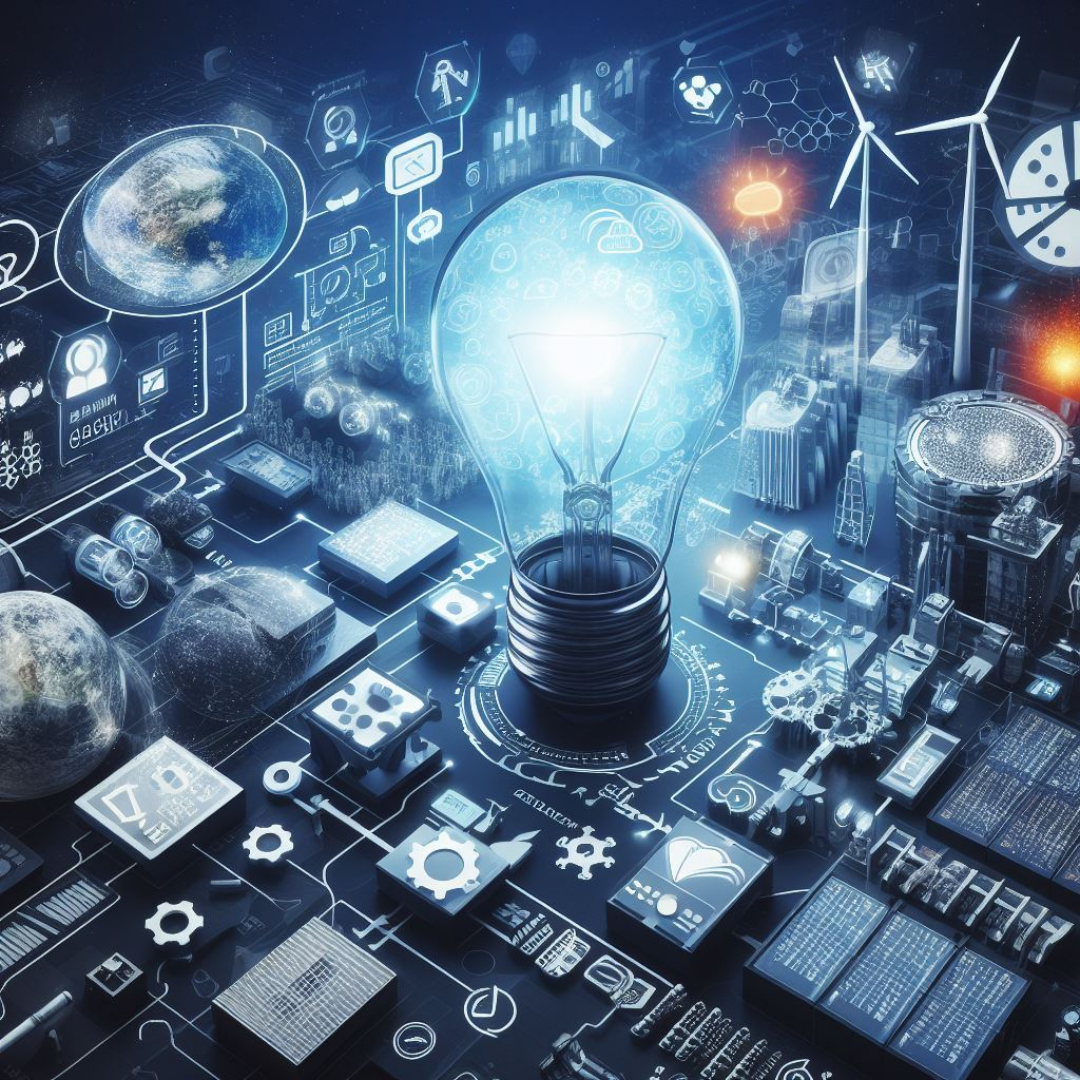Ivan Matejak has underscored the need for enhanced political visibility and influence for Europe’s Strategic Energy Technology (SET) plan.

Ivan Matejak, Operations Manager at the European Energy Research Alliance (EERA), has underscored the need for enhanced political visibility and influence for Europe’s Strategic Energy Technology (SET) plan. The plan, in existence for 15 years, aims to foster collaborative efforts among countries and companies in developing technologies crucial for the transition to clean energy.
Matejak contends that empowering the SET steering group, the decision-making body comprising member state representatives, with greater political clout will ensure more efficient implementation of decisions within national legislation.
Despite recent revisions announced by the European Commission, Matejak believes that the SET plan must be elevated in prominence within national and European energy policy discussions.
While acknowledging the Commission’s efforts to revise the plan to align with new 2030 and 2050 energy and climate goals, Matejak suggests that the plan’s inherent focus on technological priorities may have hindered its political recognition.
The Commission’s proposed upgrade of the steering group to the status of an expert group, granting it more authority over strategic direction, is a positive step towards strengthening the SET plan’s legitimacy.
The Commission has urged the European Parliament and the Council to endorse its proposals for bolstering the mandate of the SET plan. Matejak views these revisions as a promising step on paper, emphasizing the critical need for concrete actions to translate these updates into tangible progress.
The Strategic energy technology plan, initiated in 2007, outlines a roadmap for collaborative research and innovation to address energy challenges, accelerating the development of technologies such as solar, wind, bioenergy, hydrogen, and carbon capture. Currently, 30 countries, including the EU 27, Iceland, Norway, and Turkey, are part of this initiative.
Since the plan’s last revision in 2015, new energy targets and policies have been introduced, including the ambitious European Green Deal and Climate Law. The 2022 REPowerEU plan and other legislative acts have further shaped Europe’s energy landscape, necessitating an update to the SET plan to align with current objectives.
The Commission’s proposed revisions also highlight the inclusion of cross-cutting issues like societal needs, digitalization, and circularity, a crucial update according to Matejak. He emphasizes the pivotal role of the SET plan in Europe’s technological development and deployment of renewables, asserting that it remains instrumental in achieving climate goals, particularly in the realm of research and innovation in the energy sector.
In order to effectively reach the EU’s 2030 and 2050 targets, Matejak stresses the need for both refining existing technologies and actively developing new ones. Additionally, addressing the capacity building of newer EU member states, particularly those that joined after 2004, is essential for ensuring broader participation in SET plan activities.
As discussions surrounding the revamped plan take center stage at the 17th SET plan Conference in Barcelona on November 13 and 14, Europe is poised to further advance its commitment to sustainable energy technology and innovation.